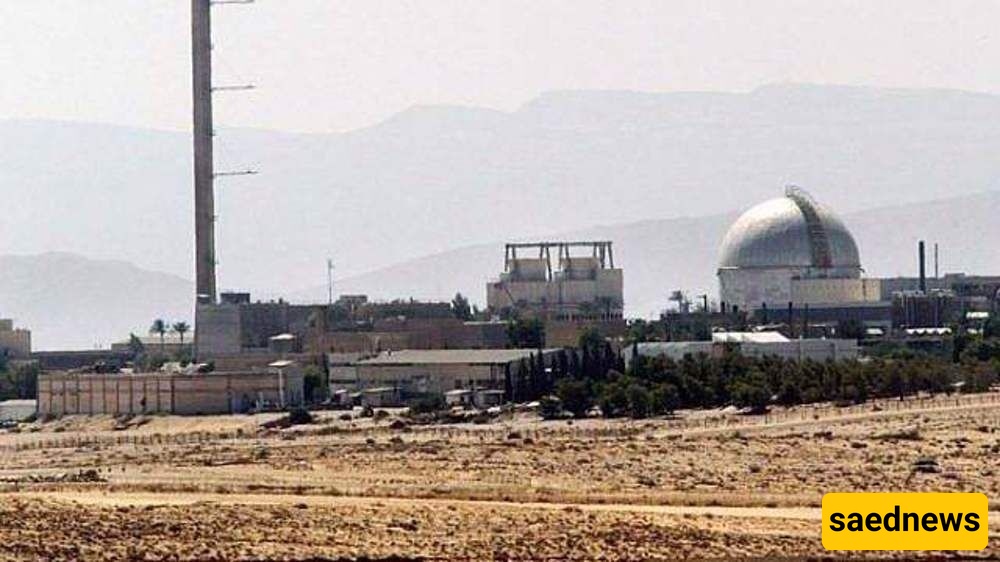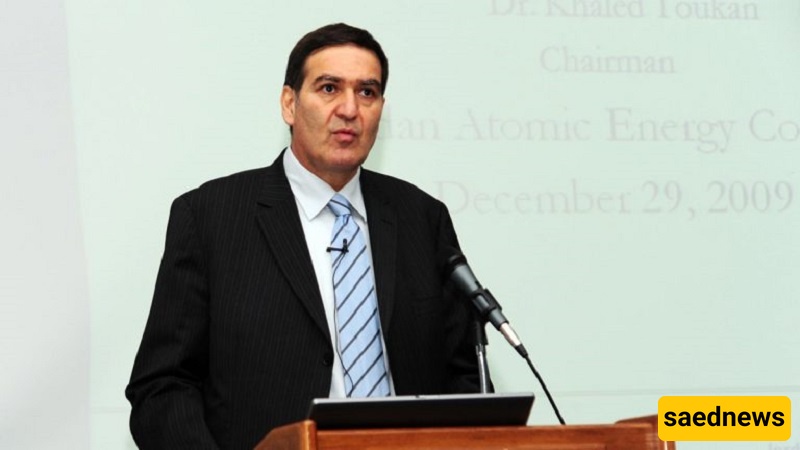SAEDNEWS: As Israel braces for potential retaliation after U.S. airstrikes on Iranian nuclear facilities, fears rise across the Jordanian border over radioactive fallout from a possible Iranian missile strike on the Dimona reactor.

According to Saed News, rising tension in the region following the U.S. and Israeli attacks on Iran’s nuclear sites has sparked serious concerns about an impending Iranian response—possibly targeting Israel’s Dimona nuclear reactor in the Negev Desert. In an unprecedented move, the head of Jordan’s Atomic Energy Commission, Dr. Khaled Toukan, acknowledged the growing likelihood of such an attack and advised Jordanians on how to minimize exposure to radioactive fallout.

Speaking to local media, Toukan warned that a strike on the Dimona facility could release a radioactive cloud, potentially drifting toward southern Jordan. While he attempted to downplay the scale of the threat—emphasizing that major cities and population centers would not be directly affected—his remarks marked a stark shift in public messaging from Jordanian authorities.
For the first time, Toukan revealed that Jordan has contingency plans for a nuclear incident across the border, including the distribution of potassium iodide pills to protect against radiation and the deployment of specialized field teams trained to decontaminate soil and water. These revelations came just days after he had appeared on national television, warning that parts of southern Jordan lie only 30 kilometers from Dimona.
The unusual candor from a high-ranking Jordanian official underscores the country’s growing alarm as the war between Iran and Israel threatens to spiral further out of control—now with the U.S. fully engaged. Jordan, geographically wedged between two potential nuclear targets, finds itself in an increasingly precarious position.
According to Rai al-Youm, this is the first time Jordan has openly acknowledged nuclear fallout risks linked to Israel’s nuclear arsenal. The media outlet reports that Amman’s concern has escalated sharply since Sunday’s U.S. airstrikes on Iranian facilities in Fordow, Natanz, and Isfahan—attacks widely seen as the formal entry of Washington into Israel’s war against Iran.
The warning from Toukan comes amid fears that Iran could launch a retaliatory missile strike—using a Khaybar-class ballistic missile—on the Dimona reactor. Such a move would mark a dangerous new phase in the conflict and could have catastrophic environmental consequences not only for Israel but for neighboring countries like Jordan.
With tensions running high and diplomatic channels narrowing, experts suggest that the possibility of a regional nuclear incident is no longer unthinkable. Jordan’s alarm, now made public, reflects broader concerns about the unpredictable trajectory of this rapidly expanding war.
As one of the few Arab nations with a peace treaty with Israel and close ties to the West, Jordan could become an unintended casualty in a conflict it did not start—and cannot control.

